ES +34 924 524 001
ES +34 608 347 660
sanjosevillafranca@fundacionloyola.es
| Onda Collegium Podcast
Onda Collegium Podcast
The Loyola Cooperative Classrooms that our San José Villafranca School has aim to better respond to current educational challenges through a methodological change linked to an essential innovation for the times we live in.
The transformation of traditional classrooms into new spaces is accompanied by a great effort in pedagogical leadership and teacher training. Beyond the notable renovation of the spaces, they suppose the control of the times to adapt them to the designed activities, the prioritization of contents and the methodological change in the face of excessive rigidity and fragmentation in subjects, schedules and spaces of the traditional educational system.
The Loyola Cooperative Classrooms (ACLs) promote collaborative learning between teachers and students, shared teaching and interdisciplinary work, they have a larger space, endowed with great flexibility and that enables various work options with a greater number of students, by having an ability to integrate two classrooms into one.
It is a methodological proposal that combines content in an interdisciplinary way and has learning based on multidisciplinary projects as its backbone; supported by shared teaching with several teachers in the classroom, which allows various rhythms and activities in parallel with the possibility of more direct support in a relaxed way in an adjoining glass classroom attached to the main space.
A strategic classroom design in which the teacher becomes a guide and the classroom becomes a container of organizational possibilities where learning in collaboration with others.
We must innovate / renew in different areas: Reformulate our pedagogical identity, another is to influence what to teach, that is, in the contents. An important part of our innovations must focus on the how, that is, on the methodologies. For a methodological innovation to be sustained, it must be accompanied by a new way of evaluating. Networking is essential to innovate.
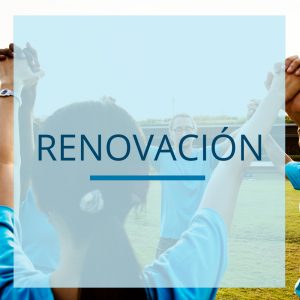
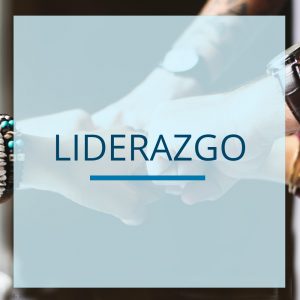
In order for innovations to be viable and permeate in our schools, we must rethink the way we organize ourselves and the way we work. It is important to ensure that managers in the new organization exercise genuine pedagogical leadership. For this to be possible, they must be freed from the multiple bureaucratic and managerial tasks that occupy them today.
The methodological reform that we propose is based on the use of different ways of organizing the classroom, combining individual and cooperative work, adequately balancing reception learning and discovery learning. The important thing is to decide the doses of each of the different methodologies based on the characteristics of the students. Without a doubt, project work provides us with a framework that makes the use of different methodologies compatible and necessary.
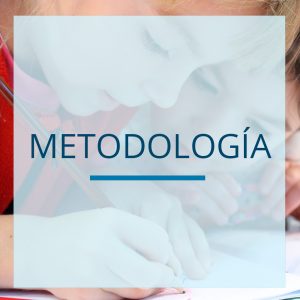

Before introducing the innovations it is essential to carry out a pruning, the prioritization of contents is essential for an optimal evolution.
A certain innovation interests us to the extent that there is a clear harmony between it and Ignatian pedagogy. Innovation must collaborate to achieve the ultimate objectives that we seek in our centers.

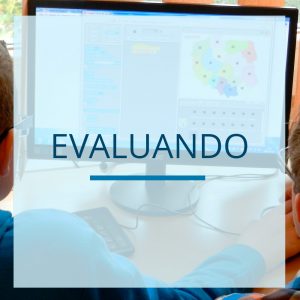
We must design together with a certain innovation the way we think to evaluate it.
Any innovation is framed by coordinates that can significantly facilitate or hinder it. Those coordinates are the spaces, the times and the way of organizing ourselves. The harmony with the families is essential.


In the “pedagogical market” there are many products that respond to fashions, usually ephemeral. That is why it is very important to distinguish “the voices from the echoes” before embarking an entire school on paths that may be short and uncertain.
The evaluation that we use marks in an almost decisive way the way students learn. Evaluation is an essential area for any innovation. We must make an evaluation more focused on authentic activities. It is essential to dedicate time to the evaluation of processes and to promote self-evaluation and co-evaluation.
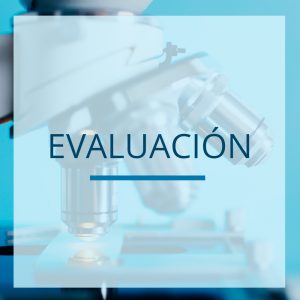

Any innovation must be led. Leading means going ahead, having a clear vision of where we should go, but it also means being by the side, helping the teacher to change the way they work, creating teams of teachers that help and empower each other, motivate the effort to be made. that involves any innovation or change, giving teachers the support and training necessary to undertake new ways of working. Let us be clear at all times the map of change and innovations that we intend to introduce and show it without fear when the slightest opportunity presents itself. That the group of teachers is clear that there is a map and that it is shared, is a necessary condition for the change to come to fruition.